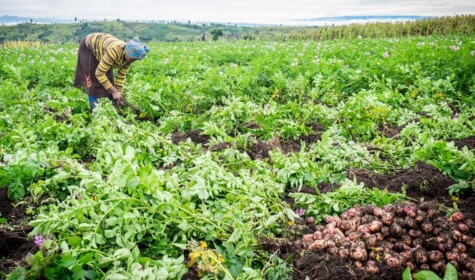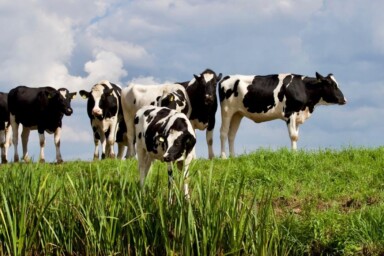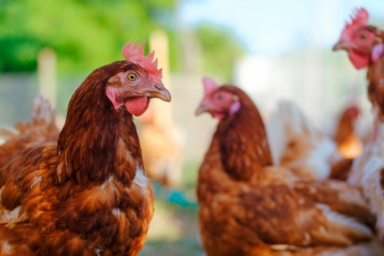More than Soil, Seeds and Water is the first report of its kind to take a ‘true cost accounting’ tool, the Sustainable Food Trust’s ‘Global Farm Metric’, designed to show farmers what impacts their current choices truly have on the world around us, and adapt it to assess gender and racial equity on farms. This project was supported by Women Forward International.
The Sustainable Food Trust welcomes the report, written by Louise Erskine, Emily Hillenbrand and Jeff Liebert of Cornell University, that was published in June of this year. It is particularly encouraging to see how the tool, developed and tested by the Sustainable Food Trust with farmers and landowners in England over the past 5 years is transferable across different categories and contexts, remaining relevant in new farming environments, especially in Canada and the United States. More than Soil, Seeds and Water provides important recommendations for our recent consultation with coalition partners on the high-level framework of the GFM, specifically the Human and Social Capital categories, as well as guidance on how to build rigour into the assessment tool in field testing.
We fully recognise and agree with the authors on ‘the inherent tension between the need for a globally comparable set of metrics and the complex, context specific and multi-dimensional nature of the concepts of gender equity and women’s empowerment’ as well as racial equity. The research accepts the value of a globally harmonised on-farm sustainability tool and manages to present a simple and balanced investigative approach for raising awareness of the challenges of gender and racial equity. It also stresses how further work – in particular, qualitative analysis using farm surveys – is needed to focus on the key areas of change in order to reflect a truly sustainable farming systems that values gender equity and racial justice.
Drawing on existing literature and current models tested globally for gender and racial equity (such as the Women’s Empowerment in Agriculture Index and the Equitable Food Initiative respectively), the study team developed theoretical frameworks for both gender and racial equity achievements that are multi-level and based on multiple domains. They unpack and set out in detail the concepts and challenges for valuing gender equity through the prism of achievements in recognition, representation and redistribution at the individual, household and community level. Similarly for racial equity, they present the achievements in ownership, opportunity and openness in relation to four dimensions of time and wages, opportunity and security, immigration status and language and culture through the experience and perspectives of different types of farm workers and owners. From these achievements they identify specific indicators of change that provide the basis for the survey they tested.
The Sustainable Food Trust, and our coalition partners on the Global Farm Metric, can draw much encouragement from this report that breaks new ground in embedding gender equity and racial justice into measuring the sustainability of food and farming systems. We will draw on learning from the processes used for developing the frameworks, the frameworks themselves and the pilot survey for further testing and development of the on-farm sustainability tool, continuing to refine the GFM.
We will also continue our work building coalitions with governments, the private sector and NGOs to campaign for the adoption of the GFM and its on-farm sustainability assessments in public policy, which will help highlight and focus action on dismantling the structural and institutional barriers to change in gender and racial equity on farms.
Click here to read the full report.






